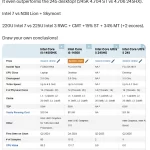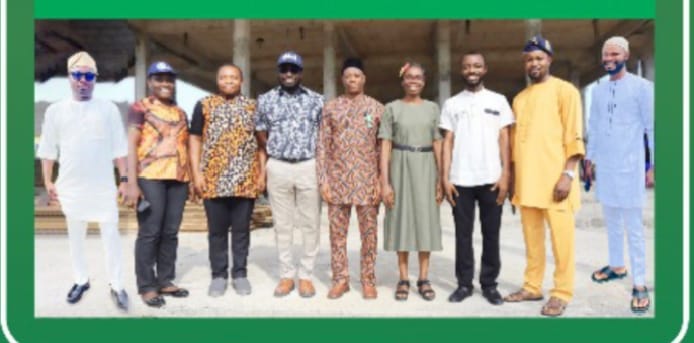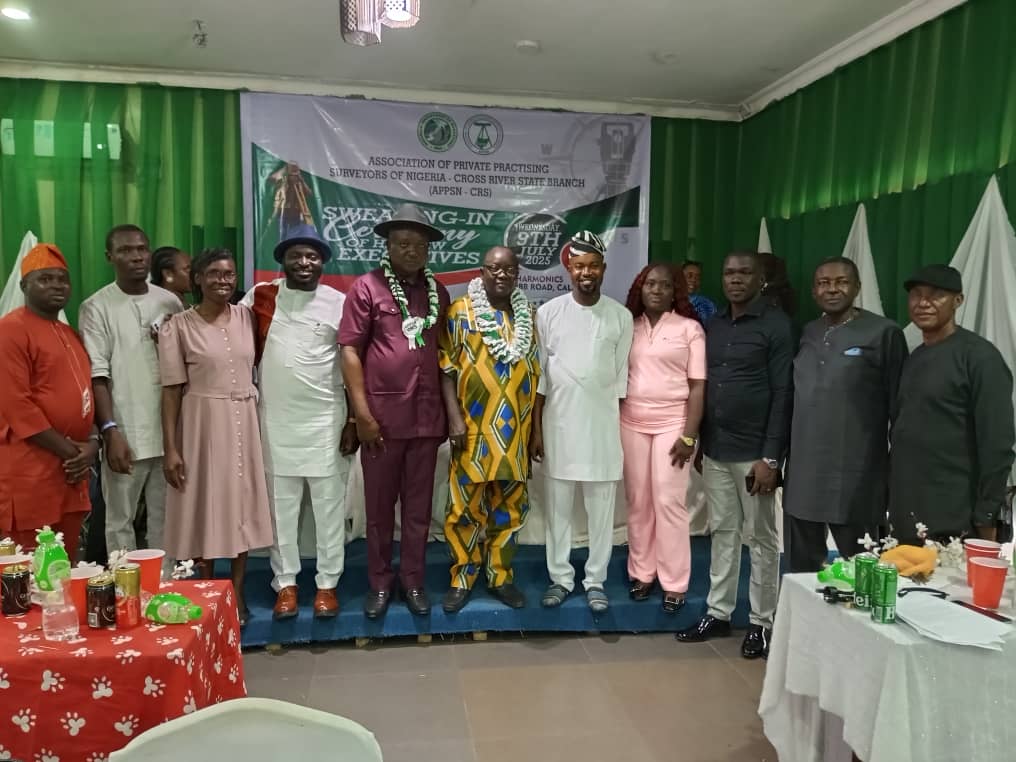CALABAR (CONVERSEER) – The Nigerian Red Cross Society (NRCS), in partnership with local and international organisations, has rallied stakeholders across Cross River State to develop a unified and proactive approach to flood preparedness, recovery, and climate resilience.
This comes under the West African Flood Response, Recovery, and Climate Resilience Programme, a multinational initiative supported by the Italian government and coordinated through the International Federation of Red Cross and Red Crescent Societies (IFRC).
The initiative is designed to respond to the rising threat of floods across West Africa, with Cross River among the 10 Nigerian states identified as high-risk.
During a one-day stakeholder engagement held in Calabar, on Tuesday, John Eni, the Cross River State Branch Secretary of the Nigerian Red Cross, emphasised the importance of urgent collaboration in tackling the growing impacts of flooding on local communities.
“We are gathered here today not just for formality, but to collectively chart a way forward on how best we can respond to flood disasters threatening our people.
“This programme is for humanity’s sake. Though this meeting was convened on short notice, your presence is a strong sign of your commitment, and we deeply appreciate that,” Eni said.
He assured that the NRCS would continue to call upon stakeholders whenever needed, and that the symbol of the Red Cross remains a rallying point for humanitarian response and service to vulnerable communities.
Providing a broader overview, Timothy Ali, Disaster Management Coordinator of the Nigerian Red Cross, noted that the regional initiative spans five West African countries including Nigeria, Niger, Mali, Cameroon, and Chad, with Nigeria focusing on ten flood-prone states including Borno, Lagos, Edo, Anambra, Niger, Ogun, Nasarawa, Gombe, Bayelsa, and Cross River.
“In Cross River, two non-governmental organisations (NGOs) in Abi and Ikom have been selected to directly benefit from this intervention.
“The goal is to provide emergency humanitarian assistance, restore critical infrastructure such as water and sanitation, and build the long-term resilience of affected communities,” Ali noted.
According to Ali, the project aims to ensure flood-prone communities are not only supported during disaster but also prepared ahead of time. He identified preparedness, early warning systems, anticipatory action, and post-disaster recovery as key components of the initiative.
“We are placing deliberate focus on disaster preparedness. We want schools, communities, and local institutions to take ownership of flood risk management and response,” he stated.
Adding, “The programme is meant to run for 12 months, but due to unavoidable delays, we are starting slightly behind schedule. Still, we are determined to make every month count.”
Ali thanked representatives from various government agencies, the media and civil society groups for showing up and offering support.
“We are not doing this alone. We rely on you, the stakeholders, to ensure this initiative reaches the grassroots. Your input is essential to the success of the project,” he said.
Participants at the event included humanitarian workers, health officials, and disaster response officers, all of whom expressed readiness to work collaboratively in implementing the programme.
Stakeholders discussed coordination strategies, flood mapping, the need for community education, and the inclusion of vulnerable groups in disaster planning, especially women, children, and the elderly.






